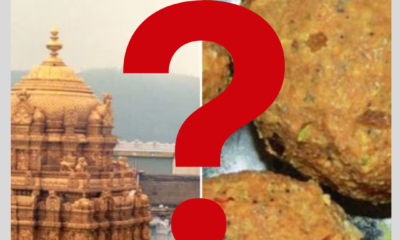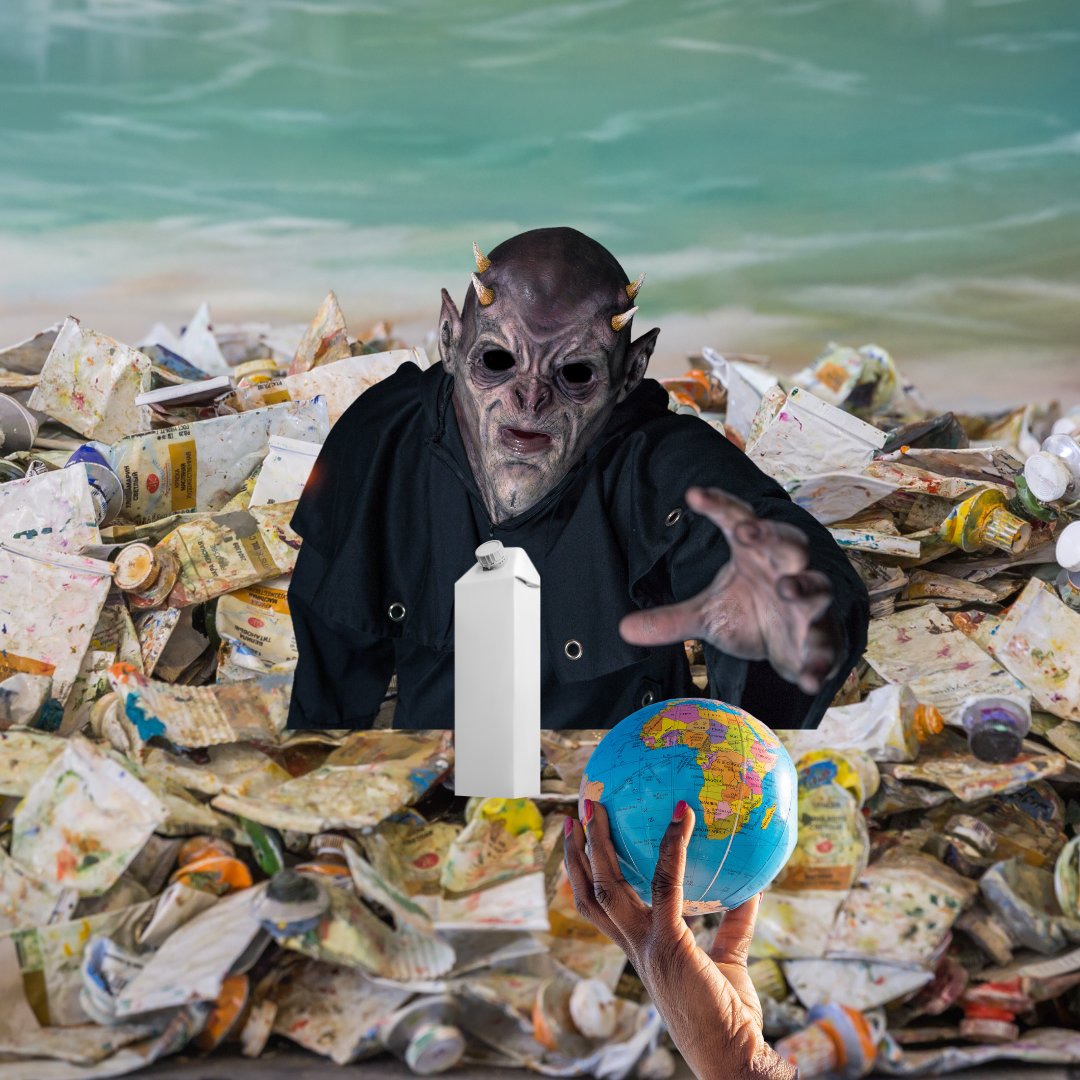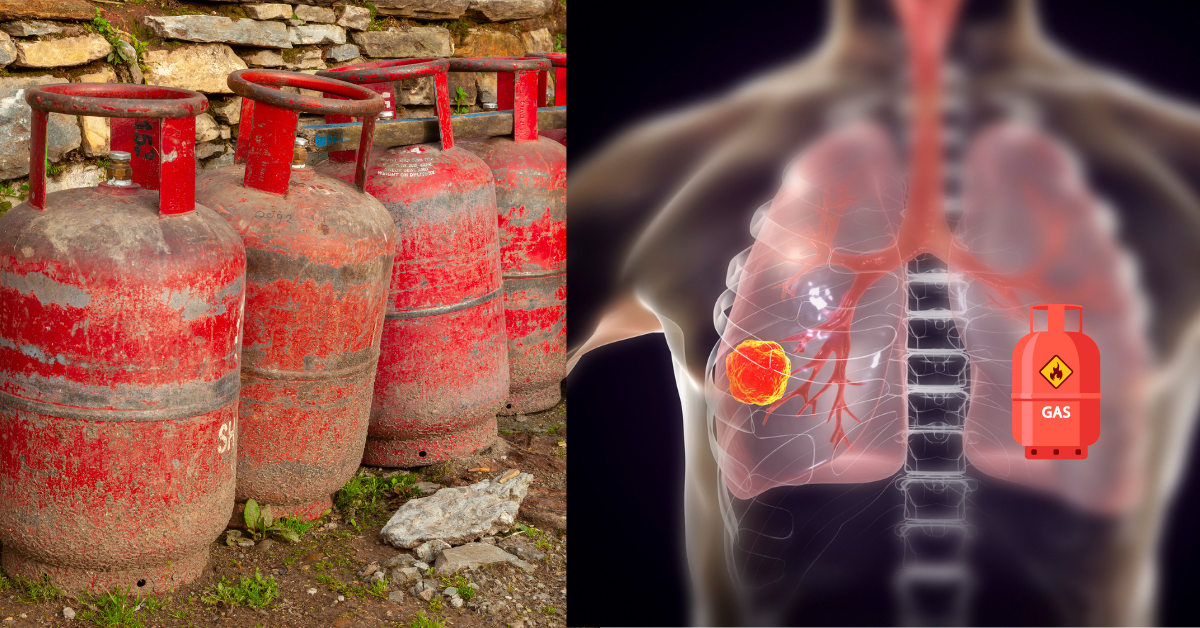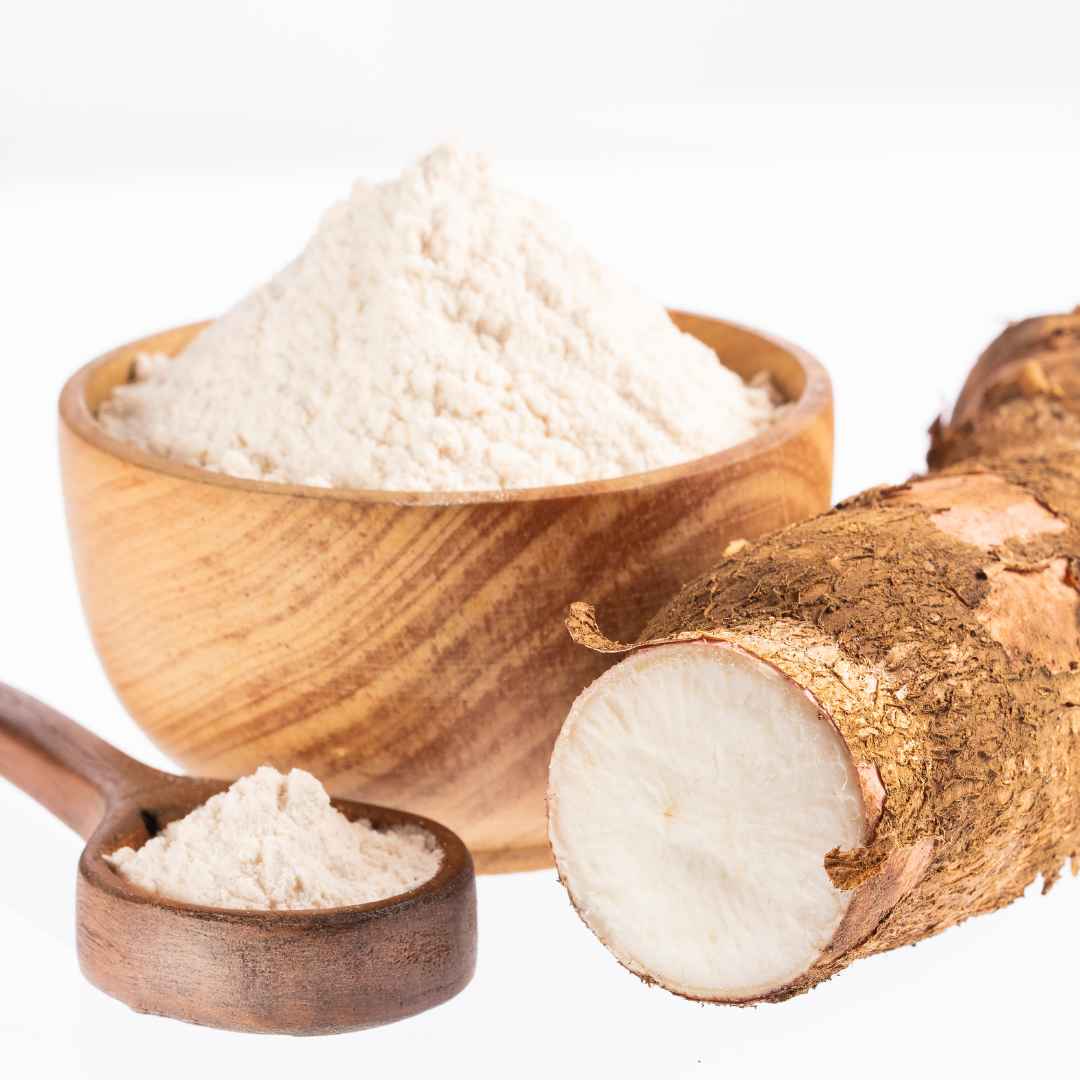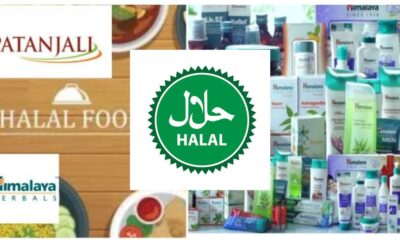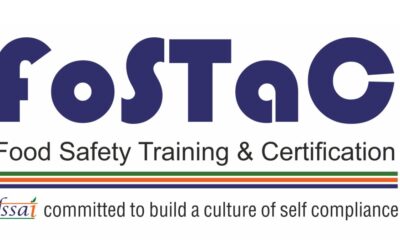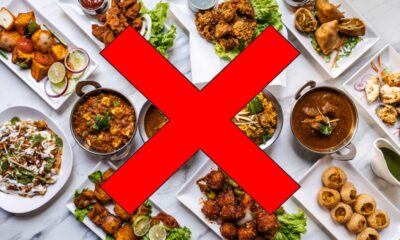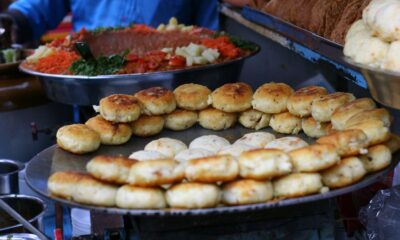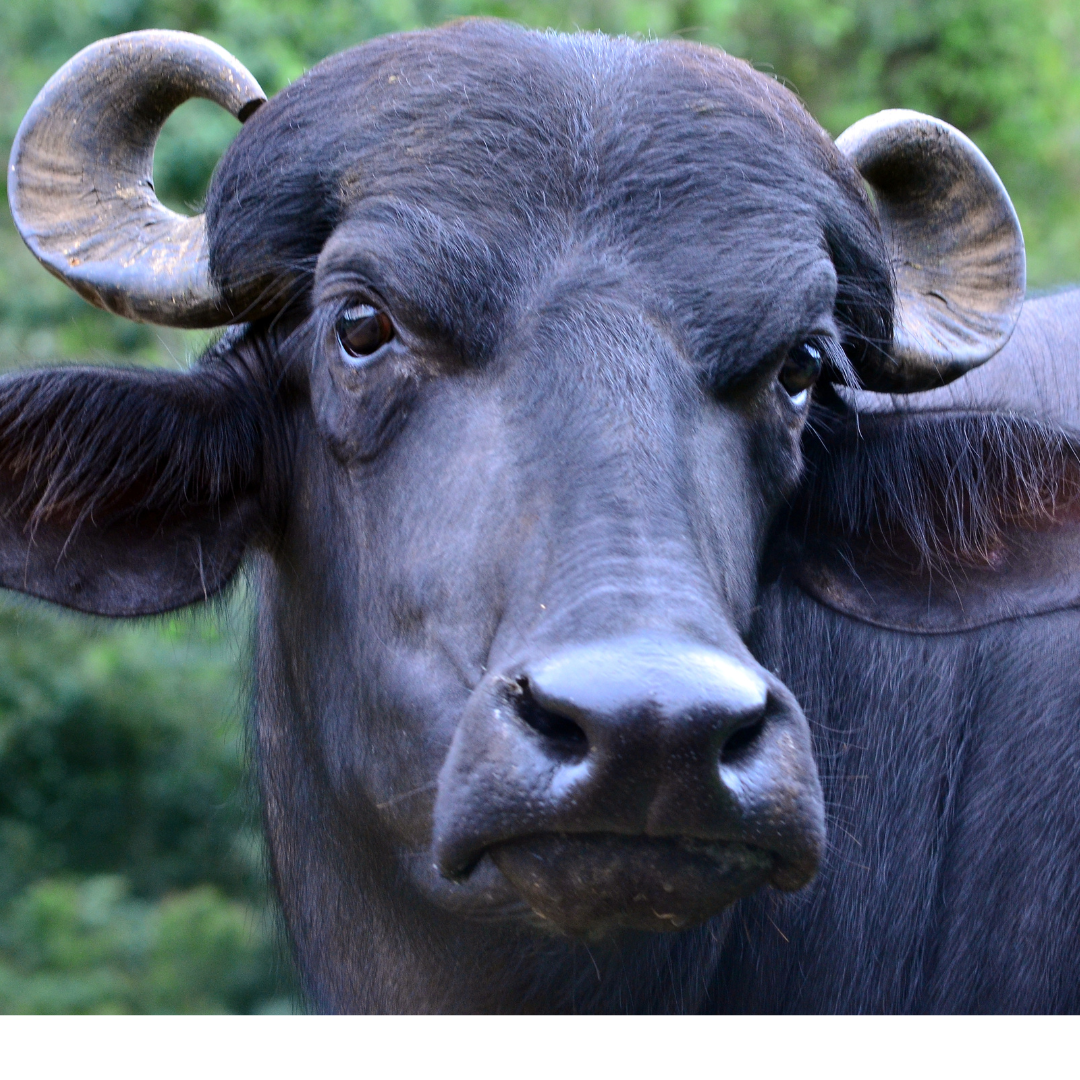English
Halal controversy – what is the real situation
Recently there has been a ruckus about Halal certificates in India. This is also because the current Indian politics and media have become based on agendas. And hateful incidents can be seen in the coming days. In this article, we will give information about Halal Certificate and its recognition and negligence. What is Halal Certificate? Halal certificate guarantees that the food items are in accordance with Islamic beliefs in Arabic and Muslim countries. And it is not just limited to meat. Rather, it is used for every food item, especially processed and packaged food. The word Halal is derived from the Holy Quran. In which food elements have been described as Halal and Haram according to Islamic belief. Halal certificates have been made with these beliefs. Which can be seen with different logos or marks according to each Muslim country.
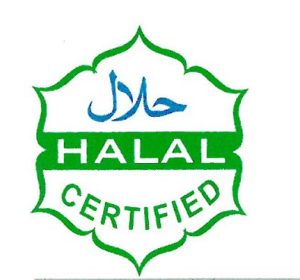
This is an essential provision for import and export in Muslim countries. But it has no importance in India’s import. There is a misconception about Halal certificates in India that its reference is limited only to the meat industry and meat-based products. However, it is not like that. Many food industry exporters and manufacturers from India display certifications of national and international standards in the same packaging to reduce their packaging cost. Due to which there is confusion regarding Halal certificates in India. It is necessary to have Halal certificate to export many food items from India including Namkeen, Snacks, Papad, Bhujia, Tea etc. to Muslim countries.
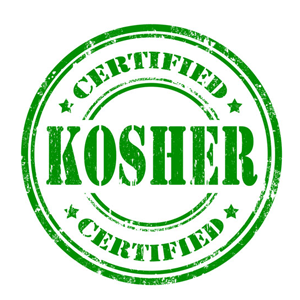
But it is not necessary for them to take Halal certificates at the national level in any way. But to reduce the cost of their packing, these exporters print all the certificates of export in their packing in one packing. The packaging of the product in the Indian market has Halal certificate. It is also exported to Muslim countries. is not imported. There is no guideline in the area of rectangle regarding Halal in India. But in other countries it is also necessary to be Halal certified in terms of export. Hence Halal certificate can be seen on many exported products as well. For export in India only the terms and provisions of FDA and FSSAI are given priority. It is not that religious certificates are only for Muslim countries. Kosher certification applies to food items for the Jewish community of Israel. And for Christianity it is necessary to be FDA certified. Food safety in India is determined by FSSAI. Which is a pure copy of FDA’s law and beliefs.
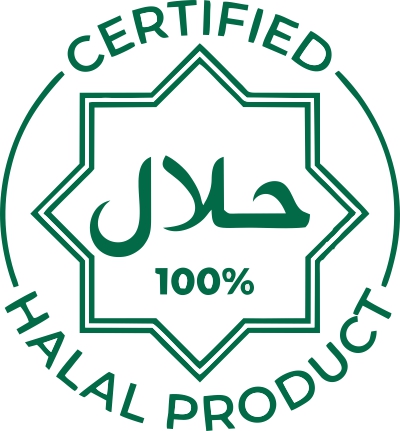
There is no government food certified certificate for food products from a religious point of view for the Hindu majority society of India. There are definitely some private certification institutes. But their authenticity has always been questionable. Authenticity of Halal Certificate Halal certificate has been made according to Muslim customs and religious beliefs. There are many elements in the modern food industry that accept Halal. But according to Muslim beliefs it should be banned. Like GMO (genetically modified object) substance or production of new subspecies crops or organisms by biologically manipulating genes by humans. Interference in the behavior and biological nature of any creature created by God is prohibited in Islam. Most of the namkeen and snacks produced in India are made from cotton seed oil. In 2018 itself, 95% of India’s cotton cultivation has become BT cotton and GMO. In such a situation, the product produced from them is haram from the point of view of Muslim Halal. But all these producers have got Halal certificates. There are many such banned elements. Which is prohibited for both Islam and Sanatan. But food producers are using them as certified by FSSAI and Halal. Which should be a matter of concern and research for both Hindu faith and Muslim faith.


